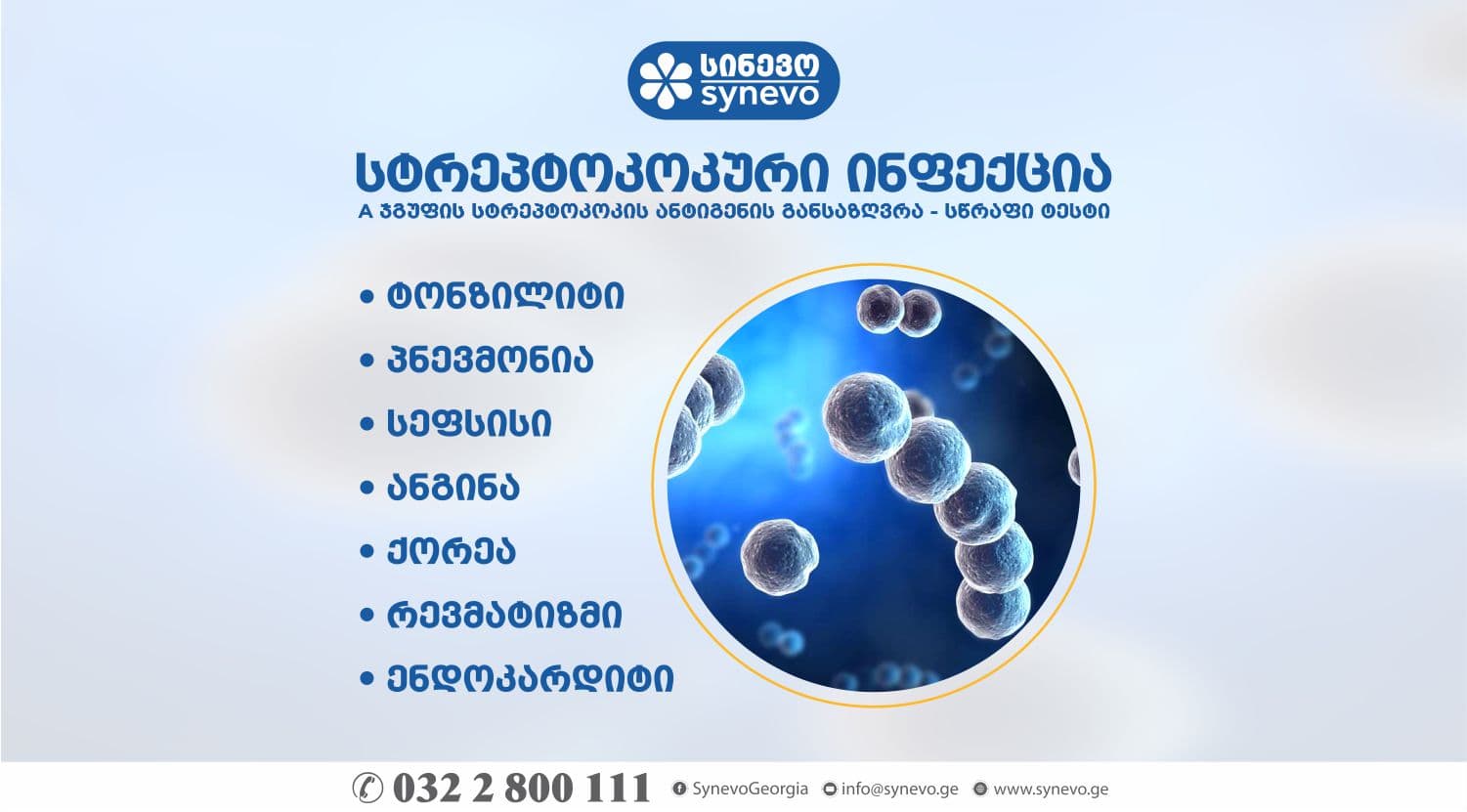
The site is temporarily down due to maintenance. Sorry for the inconvenience.
The site is temporarily down due to maintenance. Sorry for the inconvenience.
The site is temporarily down due to maintenance. Sorry for the inconvenience.
The site is temporarily down due to maintenance. Sorry for the inconvenience.
Quality & Accuracy
Experience
The latest technologies
Speed &
Credibility
₾97.00
Arsenic is historically the strongest poison. It is known as the "king of poisons and the poison of kings". It exists in nature as metalloid (As0), inorganic (As3+ and As5+), organic arsenic and arsine (AsH3).
Arsenic is absorbed from the small intestine. It is also possible to contaminate it through the skin and respiratory tract. It spreads to: lungs, heart, kidneys, liver, muscles, nervous tissue.
Acute and chronic arsenic poisoning is associated with the inactivation of a number of vital enzymes. By inactivating pyruvate dehydrogenase, the Krebs cycle is blocked and, as a result, ATP synthesis is delayed, which leads to cell cycle disruption and cell necrosis. The toxic effect of arsenic on the endothelium of blood vessels leads to increased permeability of blood vessels, expansion of blood vessels and circulatory collapse. In case of chronic intoxication, arsenic can cross the placental barrier and initiate miscarriage, stillbirth or premature birth in the early gestational period.
Arsenic accumulates in skin cells and causes keratosis and hyperpigmentation. Decreased expression of keratinocytes is accompanied by apoptosis aberration and skin tumorigenesis.
Hepatocellular carcinoma and angiosarcoma are associated with arsenic intoxication.
Oxidative stress-induced lipid peroxidation leads to DNA damage and CNS cell death.
The research material is selected depending on which metal is being tested and how long it was exposed to (short-term, long-term). Urine and blood are the most common test materials. To diagnose chronic intoxication, it is sometimes necessary to study nails and hair.
Some foods (fish, crustaceans) and medicines may contain heavy metals, so it is not recommended to take such products and medicines for 48 hours before the study.
A higher than normal concentration of heavy metals in the blood may be a sign of severe intoxication, but not always. Even in the absence of symptoms, it is necessary to find a source of intoxication to reduce toxic exposure. Depending on the need, chelation (binding) therapy is also prescribed. Chelation therapy is usually accompanied by serious side effects, so the question of treatment should be decided by a doctor based on an assessment of risks and benefits.
A normal or low concentration of heavy metals in the blood indicates the absence of intoxication. However, some heavy metals quickly leave the bloodstream and accumulate in tissues. Therefore, in the presence of symptoms, despite the detection of a low concentration of heavy metals in the blood, sometimes additional studies are necessary - skin, hair, nails and other tissues.
Testing process
|
Purchase a test |
Submission of material |
|
Results Online |
Consult a doctor |

More than 1000 routine and complex/specific diagnostic tests in all major areas of clinical pathology.

48 laboratory centers in 25 cities of Georgia: Tbilisi, Rustavi, Kutaisi, Batumi, Marneuli, Telavi, Zugdidi, Zestafon, Gori, Kobuleti, Akhaltsikhe, Khashuri, Sartichala, Kazbegi, Borjomi, Samtredia, Gurjaani, Lagodekhi, Akhmeta, Ozurgeti, Poti, Chiatura , Dusheti, Kareli, New Gudauri.

Use the Synevo web platform to view results from anywhere and anytime
Use the Synevo web platform to view results from anywhere, anytime
From Monday to Saturday you can use the laboratory services at home.
☎️ Hotline: 239 38 33 or 239 40 65
577293008 (9:00-დან 17:00-მდე)
30 laboratory centers in 11 cities of Georgia: Tbilisi, Kutaisi, Batumi, Kobuleti, Zugdidi, Zestaponi, Rustavi, Marneuli, Akhaltsikhe, Telavi, Gori.
More than 3000 routine and complex / specific diagnostic tests in all major areas of clinical pathology.

"Synevo" - Providing a wide range of diagnostic services in Georgia, offering more than 1,000 routine and specific diagnostic tests in all major areas of clinical pathology. By the end of 2023, the Synevo Georgia network will include 3 clinical laboratories and 47 blood sampling units, which will perform more than 300,000 tests.
Contact information
Address: Tsinandali St. N9 (N1 Clinical Hospital area)
2021 – 2023 © Synevo. all rights reserved